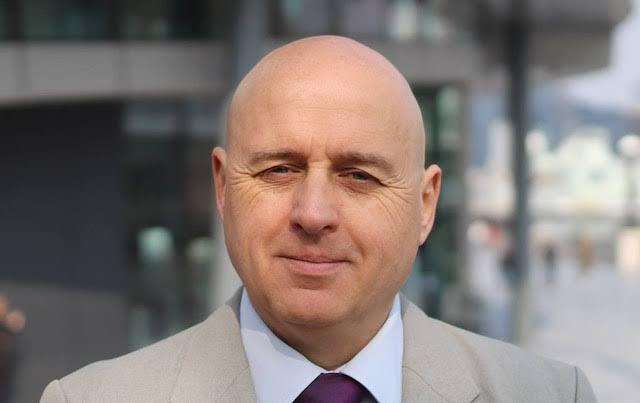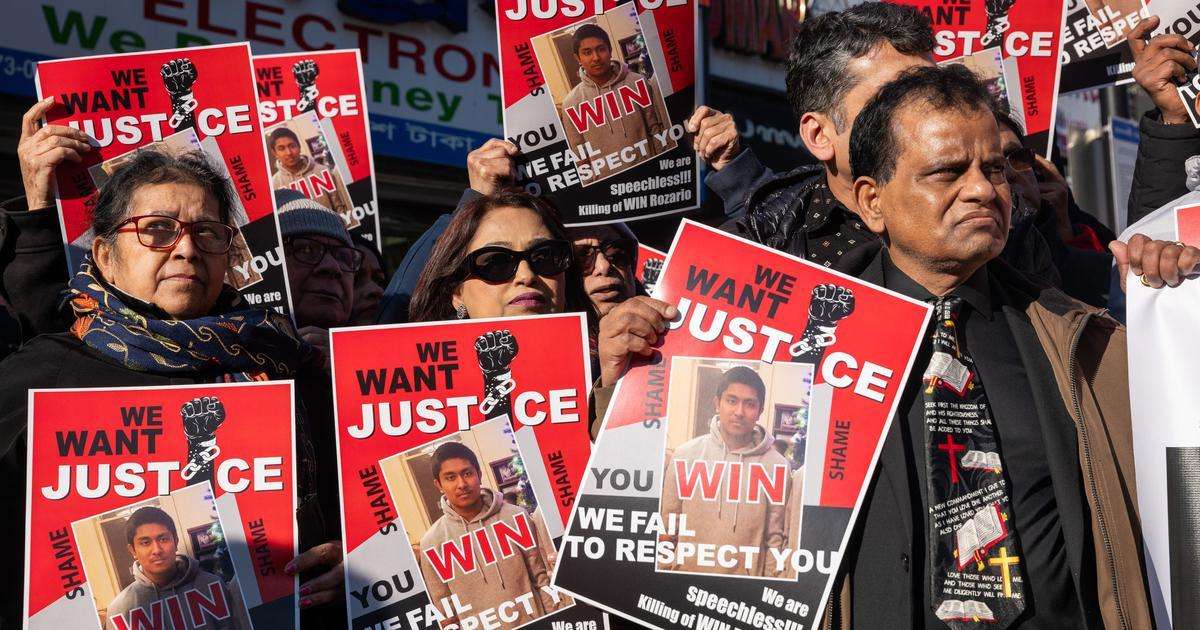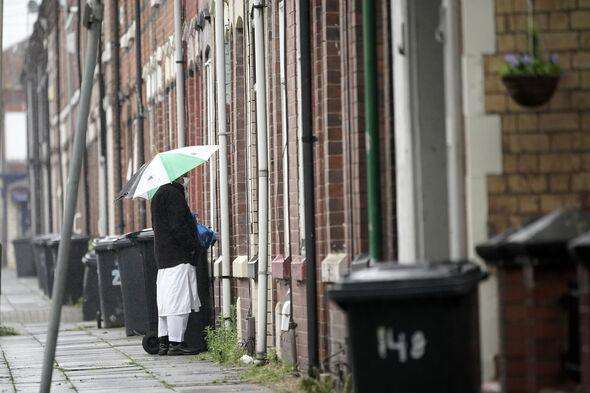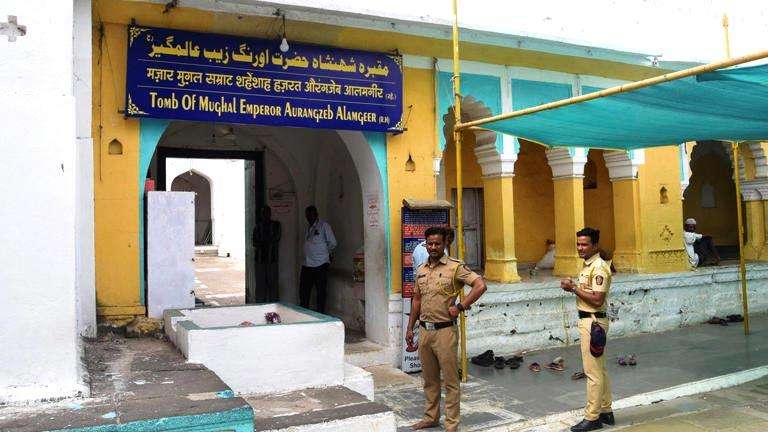Authorities in a western Indian city enforced an indefinite curfew on Tuesday following sectarian clashes triggered by Hindu nationalist groups calling for the demolition of the tomb of a 17th-century Muslim Mughal ruler.
The violence erupted on Monday in Nagpur, Maharashtra, during a protest led by Hindu nationalist organizations demanding the removal of Aurangzeb’s tomb. The Mughal emperor, who has been dead for over 300 years, remains a deeply controversial figure among Hindu nationalists.
According to lawmaker Chandrashekhar Bawankule, at least 34 police officers and five civilians sustained injuries, while multiple houses and vehicles were damaged. Senior police official Ravinder Singal reported that authorities have arrested at least 50 individuals in connection with the unrest.
Maharashtra’s Deputy Chief Minister, Devendra Fadnavis, stated that the violence escalated due to “rumors being spread that religious items were burned” by the protesters, referring to the Quran.
Aurangzeb’s tomb is located in Chhatrapati Sambhaji Nagar, around 500 kilometers (310 miles) from Nagpur. The city was previously named Aurangabad, after the Mughal ruler.
Hindu nationalists view Aurangzeb as a symbol of religious oppression, accusing him of persecuting Hindus during his reign in the 17th century—though some historians argue these claims are exaggerated.
Tensions between Hindus and Muslims in India have intensified under Prime Minister Narendra Modi’s Hindu nationalist government, with criticism of Aurangzeb growing in recent years. Modi has previously referenced Aurangzeb, accusing him of mistreating Hindus.
Such rhetoric has fueled concerns among India’s Muslim minority, who have faced increasing violence from Hindu nationalist groups emboldened by Modi’s leadership. Since his election in 2014, Modi has largely remained silent on such attacks, according to rights groups.
Debates surrounding Aurangzeb have further escalated following the release of Chhaava, a Bollywood action film portraying a Hindu warrior’s resistance against the Mughal emperor. Critics argue the movie promotes a divisive narrative that could deepen religious tensions.
Although religious conflicts between Hindus and Muslims have existed for centuries, rights organizations claim that attacks on minority communities have grown more aggressive under Modi’s leadership. They also accuse his administration of implementing discriminatory policies against Muslims—an allegation the ruling Bharatiya Janata Party (BJP) denies.
Hindu extremists have increasingly targeted Muslim places of worship, claiming that several historic mosques were built atop ancient Hindu temples. Many of these disputes are currently being contested in court.
Last year, Modi fulfilled a longstanding demand of Hindu nationalist groups by inaugurating a controversial temple at the site of the demolished Babri mosque in Ayodhya. The 16th-century mosque was torn down in 1992 by Hindu mobs who believed the spot to be the birthplace of Lord Ram, one of Hinduism’s most revered deities.



_4.jpg)




.svg)

